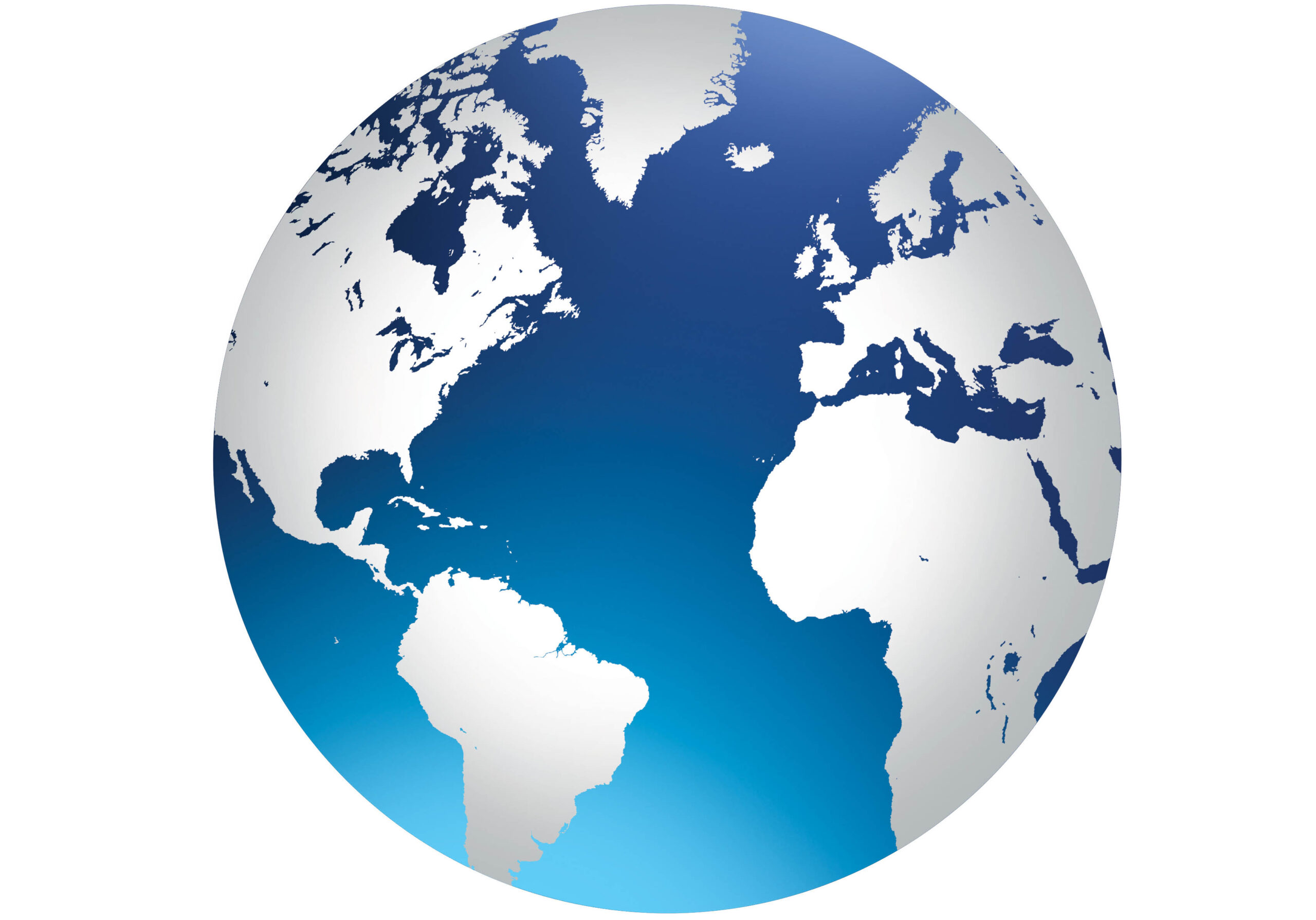The ICJ strongly supports the elaboration of a binding legal instrument on human rights of persons with disabilities.
Persons with disabilities are entitled to the recognition and guarantee of their human rights, and not merely to social welfare and charity. The message of the 1948 Universal Declaration of Human Rights must be honoured: all persons enjoy human rights by virtue of their being human.
Over the years, international law has specifically acknowledged the rights of children, women, members of racial or ethnic communities and migrant workers as human rights. It is time that persons with disabilities were given the same recognition. The Declaration of the Rights of Disabled Persons, adopted by the UN General Assembly in 1975, and the Standard Rules for the Equalization of Opportunities for Persons with Disabilities, adopted by the UN General Assembly in 1993, were a first step in this direction. Now, recognition must be achieved in two ways: firstly by mainstreaming the rights of persons with disabilities in all national and international human rights bodies and mechanisms, especially the already existing UN treaty bodies; secondly through a rights-based convention especially tailored to the situation of persons with disabilities, whose experiences are often critically different from those of other people who face discrimination.
The Convention must be a comprehensive treaty enshrining all human rights for persons with disabilities – from civil and political to economic, social and cultural, from non-discrimination and equality to accessibility and participation – and these rights must be justiciable. The Convention should contain special measures to address women with disabilities and other persons with disabilities who face multiple discrimination. The rights must not be described in a way that is weaker than existing standards. The ICJ welcomes the Draft comprehensive and integral convention on the protection and promotion of the rights and dignity of persons with disabilities adopted by the Working Group of the Ad Hoc Committee on 16 January 2004 as a solid basis for a Convention based on human rights.
The ICJ believes that individuals and groups of persons should have an effective remedy against human rights violations. It is important, therefore, that the Convention incorporates in an unequivocal manner the right to a remedy both at the national and the international level. Remedies in domestic law must include the right of individuals and groups to complain to an independent and impartial tribunal or other competent authority and to receive free legal assistance if they have insufficient means.
At the international level, the Convention should devise a comprehensive international monitoring mechanism. Regardless of the shape it ultimately takes, such a mechanism should guarantee that an international independent and impartial body supervises States’ compliance with their obligations under the Convention. This body should have the competence to review States Parties reports, to review complaints by individuals or groups of persons, to conduct inquiries into credible allegations of massive or systematic violations and to ensure an effective follow-up to its recommendations. It should also have the competence to give further guidance for the implementation of the Convention through general recommendations and guidelines.
United Nations-Convention persons disabilities-non-judicial submission-2004 (text, PDF)

